Making sure that young people have the right support when they leave care: consultation - easy read
This easy read version of the consultation asks for views on the support available to young people as they leave care and become adults.
Part 1: Tell us what you think
Making plans and getting ready to move on from care and become an adult
We know that the planning for moving on from care should begin as early as possible.
The young person, and the adults in their lives, should be at the heart of all plans and decisions.
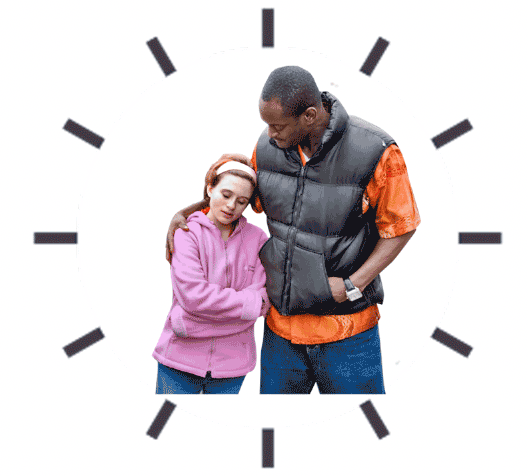
A pathway plan is made to help young people to get ready for leaving care.
It says what is needed to make sure the young person feels confident about moving to more independent living.

Planning should start before the young person is 16.
Sharing information is very important to help young people feel more confident about moving on from care.

Questions

1. How can we make sure young people, and the people who support them, get enough help and time to get ready for leaving care?
Write or type your answer here:

2. Are there any things that stop us from starting to plan and get ready early for young people leaving care?
Write or type your answer here:
Getting information, services and support
With the right advice and support, young people can grow and develop as they move to independent living.
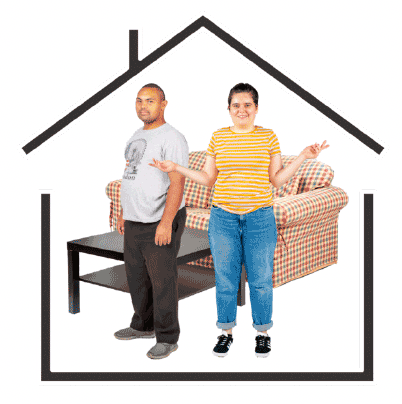
Support could include:
- which organisations can help with money advice

- emotional support like:
- counselling - when someone is trained to listen to you, ask careful questions and help you feel better
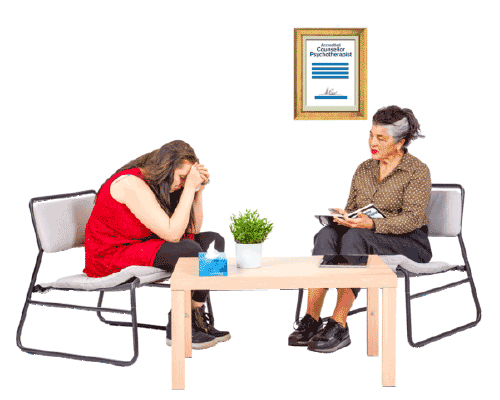
- peer support - when people use their own experiences to help each other
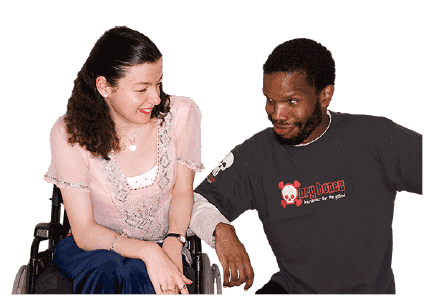
- carrying on relationships with caregivers
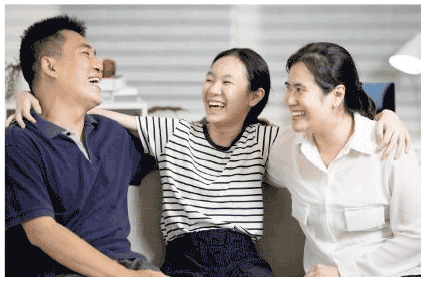
- practical support and learning about life skills like:
- paying bills and looking after money

- personal care

- getting medical appointments
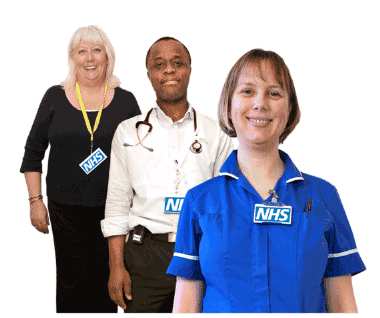
- basic home skills like cooking and laundry
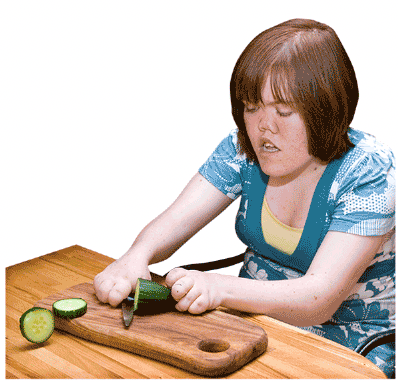
Every young person will need different support, but services should work together to give them what they need.

People leaving care may have other needs like disabilities or health conditions.
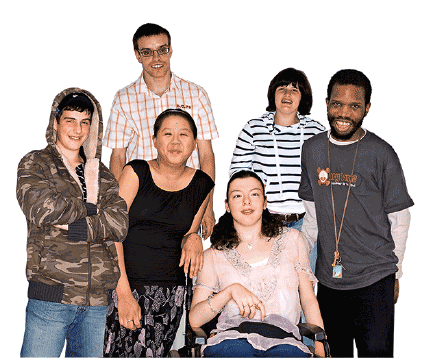
Question
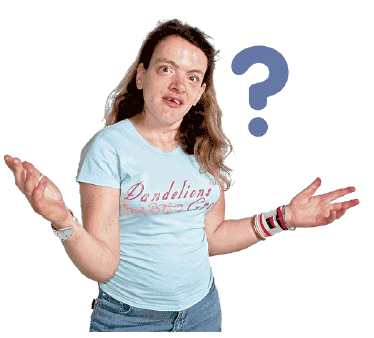
3. How can we make sure young people build the skills they need for adulthood before they leave care?
Write or type your answer here:
We know that many young people leave care and return to live with their birth family.
It can be very difficult for parents and children to be separated.
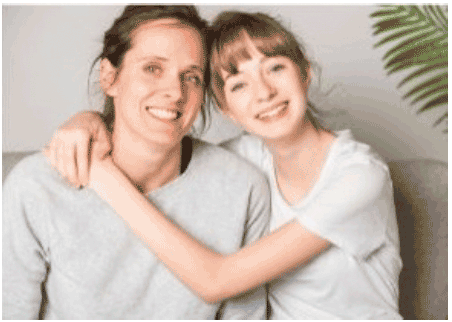
These families must be able to get support and advocacy.
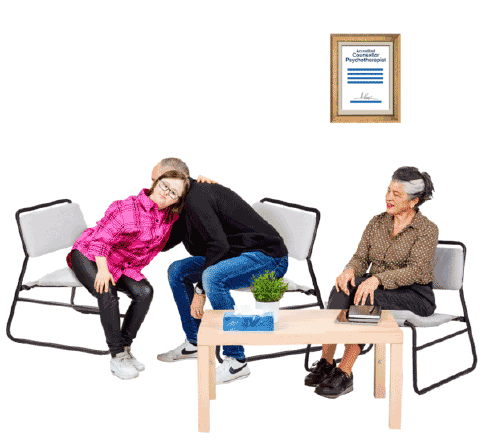
We must support families to make sure that when a young person returns home, it is safe and is the right thing for them.
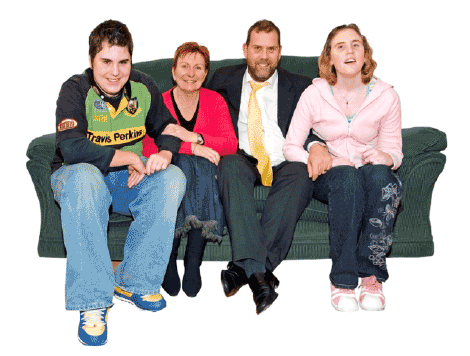
Questions
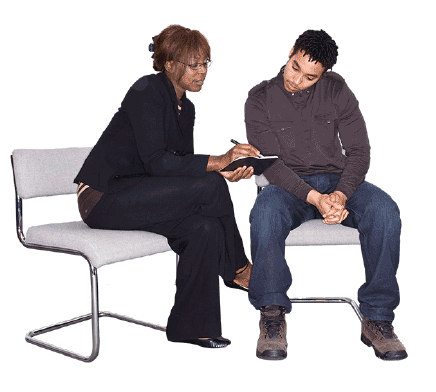
4. What services and support should be given to a care leaver who returns home to live with their birth family?
Write or type your answer here:
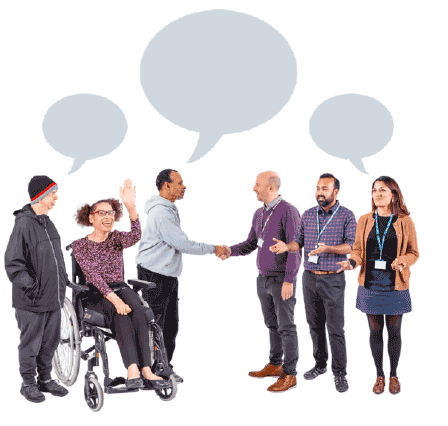
5. Can you give us examples where services have worked well together to support birth families and young people when a young person returns home to live with their birth family?
Write or type your answer here:
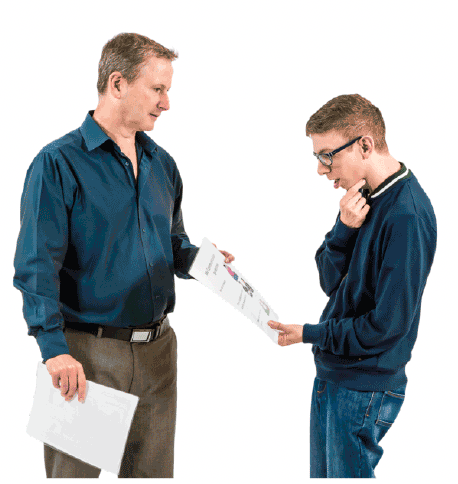
6. How do we make sure that young people with care experience, and those who provide them with care, can easily get information about support and what they are entitled to?
Please give us any examples of where this has worked well.
Write or type your answer here:
Continuing Care
Continuing Care means that some young people can stay in their care arrangement with the same level of support until they are 21.
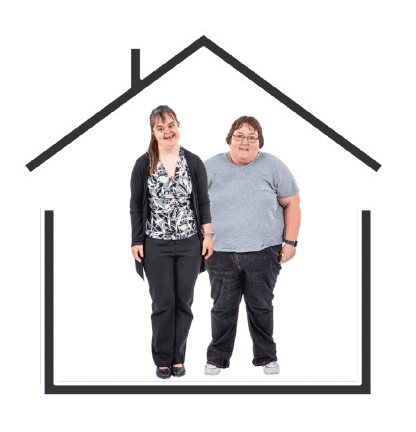
We know that we are facing difficulties with having enough money, materials and staff and that this can affect services.

We must:
- make sure that information for care leavers is easy to find and use

- make sure we all work together to get the best ways of doing things for young people

Questions
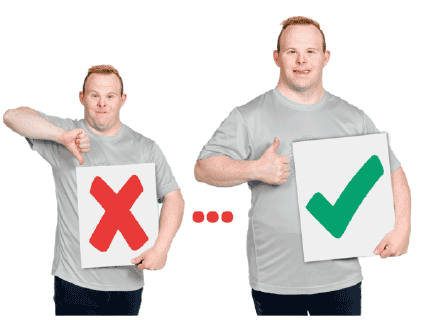
7. Are there any changes you would like to see about who can get Continuing Care?
Write or type your answer here:
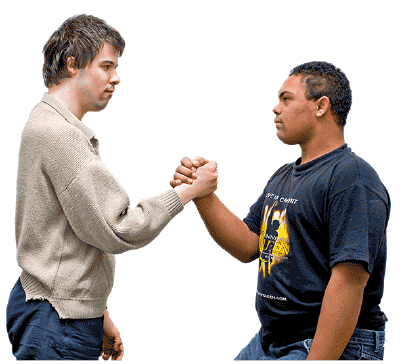
8. What extra support is needed for families and organisations that give Continuing Care?
Write or type your answer here:
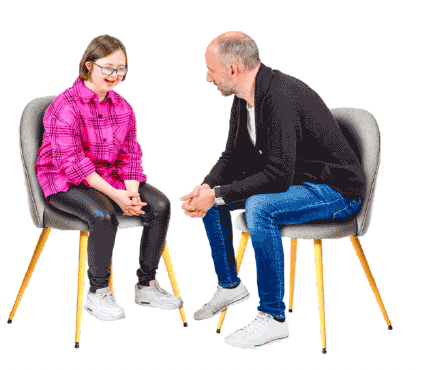
9. How do we make sure that young people are listened to when there are discussions about their Continuing Care?
Write or type your answer here:
Aftercare
Aftercare means that some care leavers can get advice, guidance and support until they are 26.
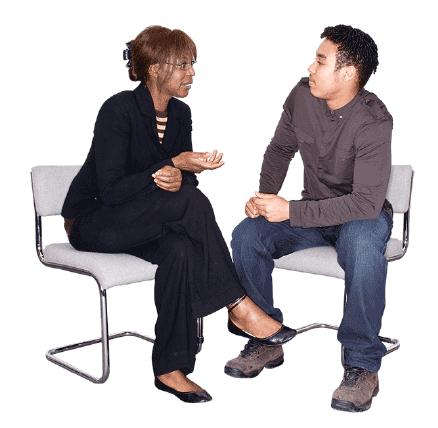
The Promise says that all decisions must be based on what is right for the child or young person.
Decisions must not just be based on their age.

Aftercare must be person centred.
Person centred means listening to what a person wants and needs and having them at the centre of decisions that are made about their care.

Questions

10. How do we make sure young people can get Aftercare services?
Write or type your answer here:
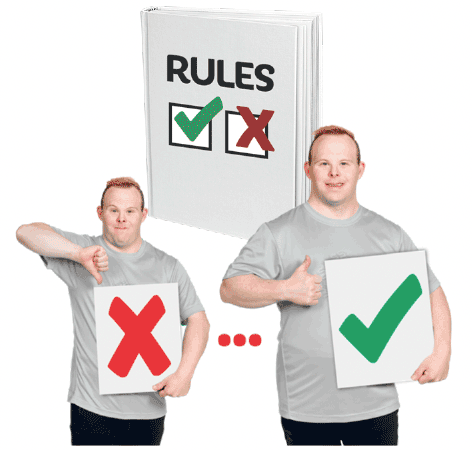
11. Do you think there should be any changes to the rules about who can get aftercare?
Write or type your answer here:

12. What would be difficult if more young people could get aftercare?
Write or type your answer here:
Lifelong Care
Continuing care ends when the young person is 21.
The young person can get aftercare until they are 26.
Some young people have told us they might still need services and support after they are 26.
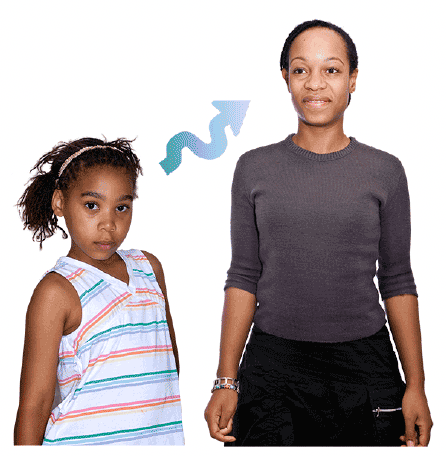
The Promise says that people with care experience must have a right to get services for as long as they need.
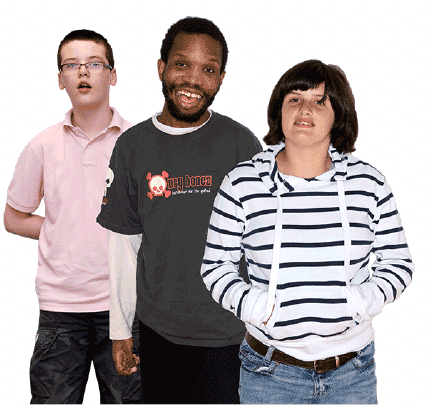
Questions

13. What is the best way to give long term support and services to adults with care experience?
Please write or type your answer here:

14. What would make it difficult to give support and services to adults with care experience?
Please write or type your answer here:
Support for young people leaving secure care
Secure care is a type of residential care for young people under 18 to live in a safe place.

When young people are getting ready to leave secure care it needs to happen with understanding, planning and care.

They must get support to live a full life in the community.

The Promise says that any looked after young person who is in secure care and turns 18 must:
- keep social work support
- be able to get through care and continuing care
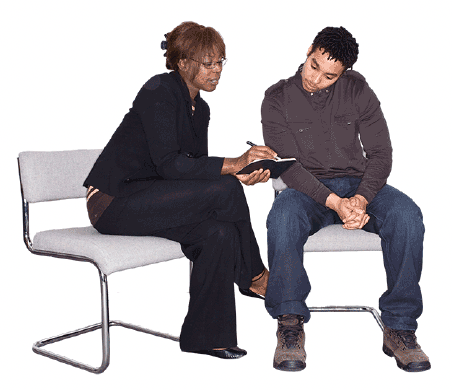
Questions
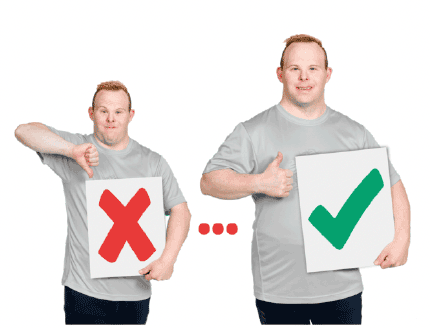
15. What would make support better for young people leaving secure care?
Write or type your answer here:
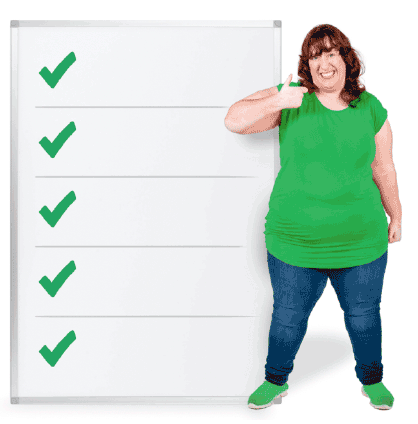
16. How do we make sure all young people get the same support services across Scotland when they are leaving secure care?
Write or type your answer here:
Support for young people leaving young offenders institutions and prisons
Young offender institutions are prisons for young people aged 16 to 21.
The Scottish Government has said that young people under 18 will not be put in young offender institutions and work is being done to make this happen.

It is important that young care experienced adults leaving a young offender institution or prison have things that can support them when they leave like:
- relationships with people they trust
- person centred support
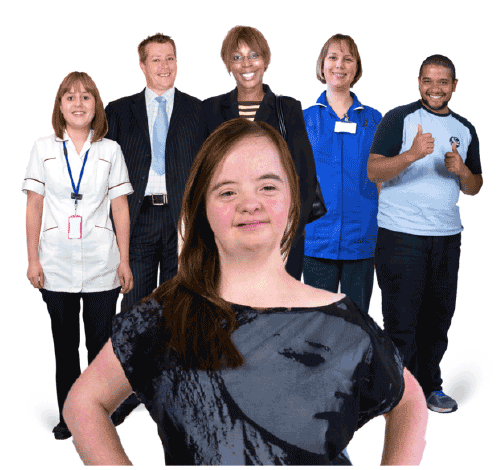
Questions
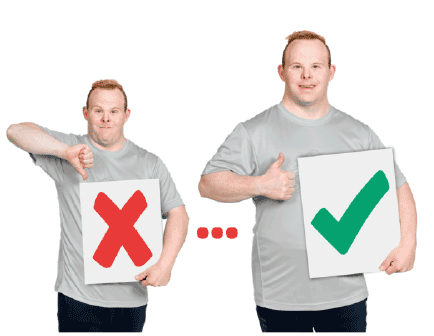
17. What support would make things better for young people when they are getting ready to leave young offenders institutions or prison?
Write or type your answer here:
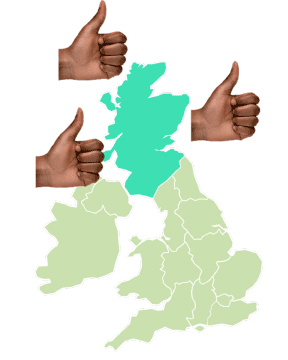
18. How do we make sure all young people get the same support services across Scotland when they are leaving young offender institutions or prison?
Write or type your answer here:
Support for unaccompanied asylum seeking young people leaving care
Unaccompanied means they have come to the UK without their family.
Asylum seeking children who come to Scotland without any family are Scotland’s children for the time they are in our care.
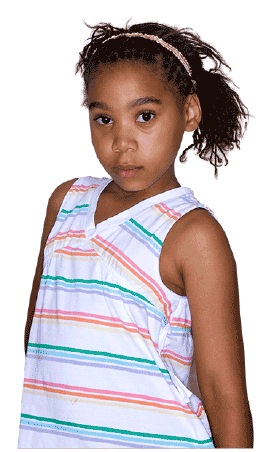
Many young unaccompanied asylum seekers come into care later than many Scottish-born children and young people with care experience.
This means they have less time to prepare for becoming adults.
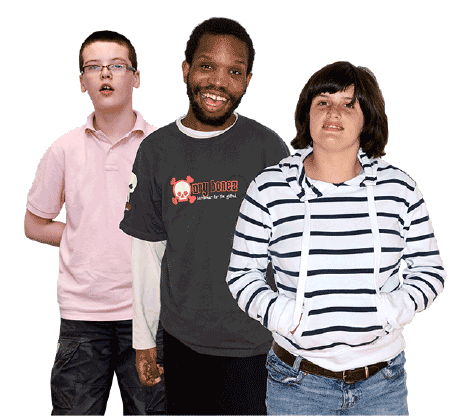
Questions

19. Tell us about any services that are working well to support unaccompanied asylum seeking young people leaving care?
Write or type your answer here:
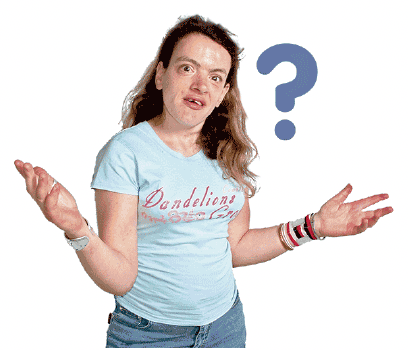
20. What would make sure we give unaccompanied asylum seeking young people leaving care what they need?
Write or type your answer here:
Contact
There is a problem
Thanks for your feedback
